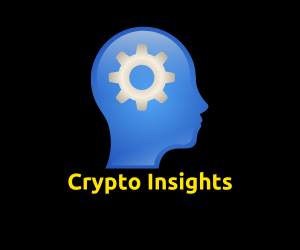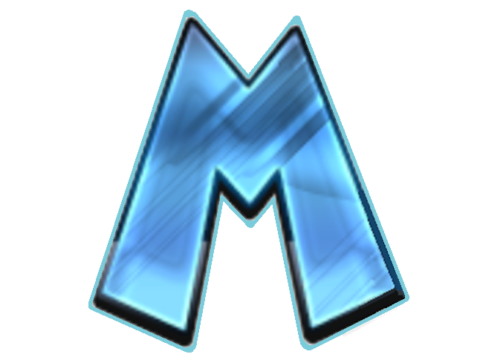
If you’ve been hanging around the crypto space for a while, you’ve probably heard the term “DeFi” tossed around. So what exactly is decentralized finance (DeFi), and why is everyone making such a big deal out of it? Let’s break it down.
What is DeFi?
At its core, DeFi is short for decentralized finance—basically a new way of handling financial transactions without the need for traditional middlemen like banks, brokers, or even governments. Instead, it relies on blockchain technology (think Ethereum, not just Bitcoin) and smart contracts to let people borrow, lend, trade, and invest in digital assets directly with each other. All of this happens on decentralized networks, meaning there’s no central authority controlling things.
In other words, DeFi puts financial power back in your hands, allowing you to interact with your money without needing permission or oversight from anyone else. Whether you’re looking to send money across borders, take out a loan, or earn interest on your crypto holdings, DeFi opens up a whole new world of possibilities.
How Does DeFi Work?
To understand how DeFi works, think of it as a giant financial ecosystem that runs on smart contracts. These are self-executing contracts where the terms of the agreement are written directly into the code. Once a condition is met, the smart contract automatically carries out the agreed action, whether that’s releasing funds or executing a trade.
No one controls these contracts—they’re decentralized. That means they live on the blockchain, which is essentially a distributed ledger that records every transaction. It’s transparent and can’t be tampered with. Pretty cool, right?
There are all kinds of DeFi apps (often called dApps) popping up, offering everything from decentralized exchanges (DEXs) where you can swap crypto, to yield farming platforms where you can earn interest, and lending protocols where you can borrow without credit checks.
Why is DeFi Important?
Okay, so DeFi sounds cool, but why should you care? Here are a few reasons why DeFi is important and could change the financial landscape:
1. It’s Accessible
Traditional banking and finance systems can exclude a lot of people. Maybe you’re in a country with limited banking infrastructure, or maybe you don’t meet the stringent requirements for a loan. DeFi, on the other hand, is global and accessible to anyone with an internet connection. No paperwork, no credit checks—just freedom to participate.
2. It’s Transparent
Everything that happens in DeFi happens on the blockchain, which is public. You can see the smart contracts, you can track every transaction, and anyone can audit it. This level of transparency is something you don’t get with traditional financial systems, which are often opaque and prone to corruption.
3. No Middlemen = Lower Costs
One of the main selling points of DeFi is that it cuts out the middleman. When you borrow from a bank, they charge you interest, service fees, etc. But in DeFi, you’re dealing directly with another user or a protocol, which means lower fees and potentially better rates.
4. Censorship Resistance
Because DeFi operates on decentralized networks, no single entity can freeze your funds or block your transactions. That’s a big deal in a world where financial censorship is becoming more common. In DeFi, you are in full control of your assets.
5. Financial Innovation
DeFi is an open-source playground for financial innovation. Developers can create new financial products and services faster than ever before. This constant evolution means more options and opportunities for users. It’s like the wild west of finance, where creative ideas thrive and evolve quickly.
Potential Risks to Watch Out For
Now, I wouldn’t be doing my job if I didn’t mention the risks. DeFi is still a relatively new space, and while the potential is massive, it’s not without its pitfalls. Smart contracts are only as good as the code they’re written in, and poorly written contracts can be exploited. Hacks and scams are a concern, so always be cautious and do your research.
Also, DeFi is currently mostly tied to the volatile world of cryptocurrencies, so there’s inherent risk in that as well. Prices can fluctuate wildly, and you could lose money if the value of your holdings drops.
Final Thoughts
DeFi is a game-changer because it’s challenging the traditional financial system, offering people greater access, control, and flexibility. While it’s still in its early stages, the potential for DeFi to reshape how we think about and interact with money is enormous. If you’re already into crypto or just curious about new financial tech, it’s worth diving deeper into the DeFi space.
Just remember: with great power comes great responsibility. Stay informed, stay secure, and who knows—maybe you’ll be part of the next financial revolution.










